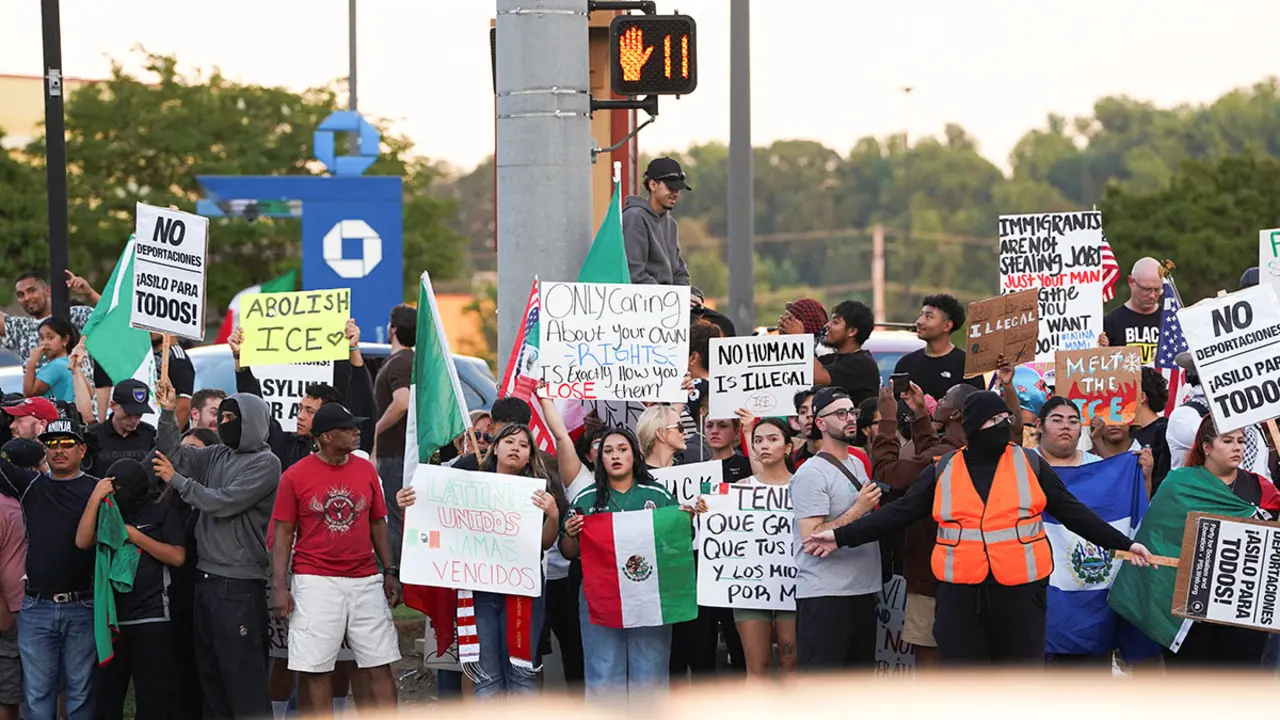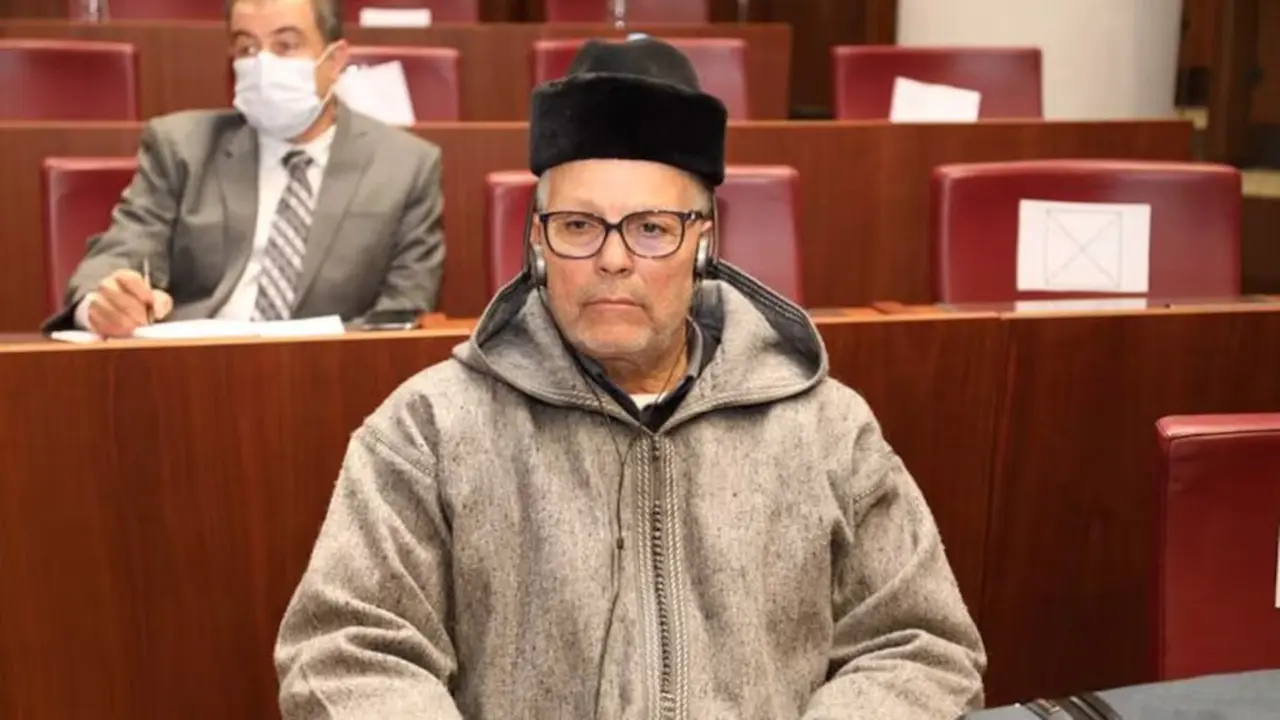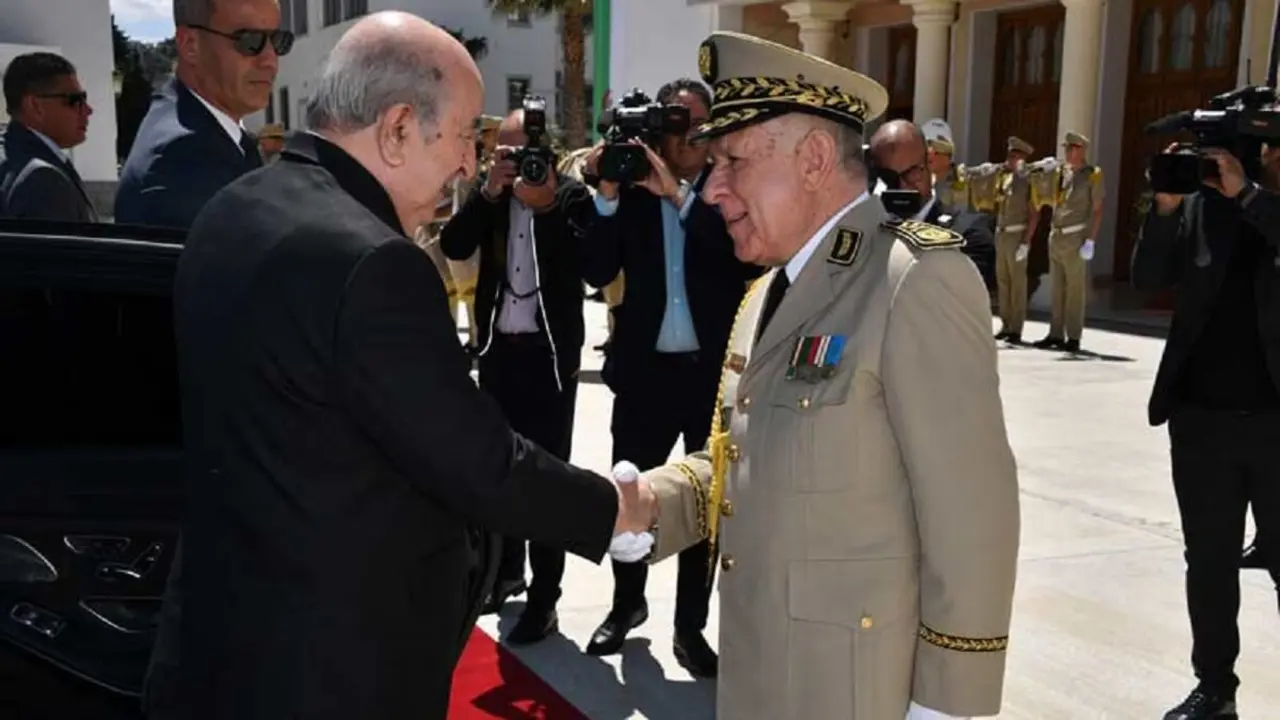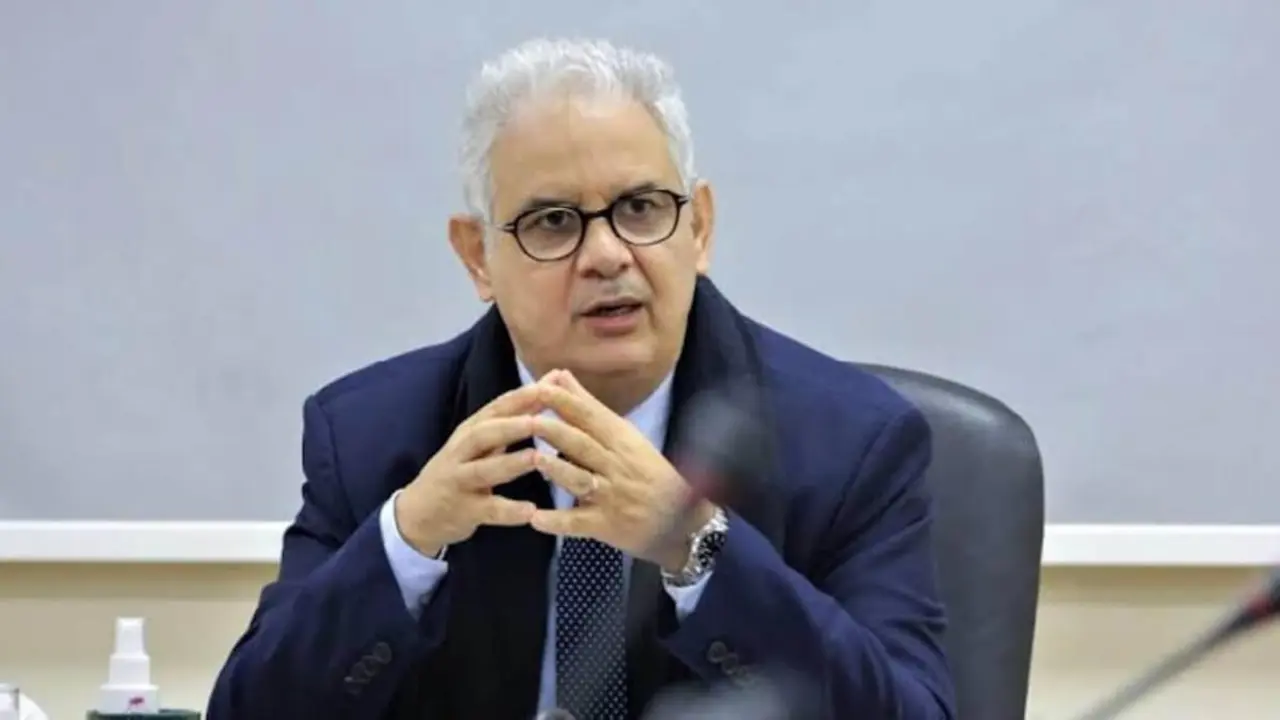Netanyahu government seeks normalisation of relations with Saudi Arabia

White House National Security Advisor Jake Sullivan travelled to Israel this week to become the first senior US official to visit the Hebrew territory since the appointment of new Prime Minister Benjamin Netanyahu and his government - considered the most right-wing and orthodox in the country's history - in December 2022. The visit comes on the heels of the Israeli Supreme Court's decision to remove the new government's Minister of the Interior and Health, Aryeh Deri, from his post because of his multiple convictions for tax fraud.

On Wednesday 18 January, Sullivan met with Israeli State Chairman Isaac Herzog - a sort of intermediary between Netanyahu's hardline executive and the Biden administration - with whom he discussed "the strong partnership between Israel and the United States, as a cross-party and intergovernmental thing, as well as possible ways to deepen strategic cooperation", Sullivan explained.
We're building an integrated, secure, prosperous Middle East. Real progress this week in UAE, where experts from ????????????advanced cooperation in food/water security, clean energy, health, education, regional security, & promoting tolerance. #NegevForum https://t.co/S4rQFZqpzb
— Jake Sullivan (@JakeSullivan46) January 10, 2023
However, it is the growing international concerns over the new Israeli government's policies towards Palestinians in the occupied West Bank (given that the executive cabinet is made up of several openly Jewish supremacist and anti-Arab ministers) that appear to be one of the focal points of Sullivan's trip. The meeting could serve to prepare for a possible visit by US Secretary of State Antony Blinken later this month, where - it is rumoured - Netanyahu's intentions towards the Palestinian people would be clarified.
Meanwhile, in his face-to-face meeting with Prime Minister Netanyahu in Jerusalem on Thursday, the White House National Security Advisor discussed "the next steps in deepening the Abraham Accords and widening the circle of peace, with particular emphasis on a breakthrough with Saudi Arabia", according to a statement issued by the Israeli Prime Minister's press office.
פגישת עבודה עם היועץ לביטחון לאומי של ארה"ב, ג'ייק סאליבן: דנו בהתמודדות משותפת לעצירת תכנית הגרעין האיראנית ופעילותה של איראן באזורנו. עסקנו בצעדים הבאים להעמקת הסכמי אברהם והרחבת מעגל השלום של ישראל בדגש על פריצת דרך מול סעודיה. ברוך הבא לישראל!
— Benjamin Netanyahu - בנימין נתניהו (@netanyahu) January 19, 2023
(צילום: קובי גדעון, לע״מ) pic.twitter.com/uVgBnf2Jaz
This is an issue on which both the US and Israeli authorities share the same point of view. Both advocate an extension of the Abraham Accords - for the normalisation of relations - as a guarantee for regional stability and peace. This is also supported by British Prime Minister Rishi Sunak, who this very Thursday made a telephone call to Netanyahu to congratulate him on his appointment, advance relations and reaffirm the UK's support for the plan for diplomatic normalisation with the Arab countries.

In this regard, the regional threat posed by Iran was another key item on the agenda for Sullivan and Netanyahu. Both expressed their fears about the situation in the Persian country, which is mired in a serious social crisis and repression, and which could continue to make progress with its nuclear programme while the Joint Comprehensive Plan of Action (JCPOA) remains unreactivated. However, following the arrival of the new Israeli government, there are also fears of an escalation in the rhetoric of the conflict that could further destabilise the region.
In addition to the meeting with Netanyahu, Sullivan met with Foreign Minister Eli Cohen, although the US official avoided any contact with other more radical right-wing ministers, such as the head of National Security, Itamar Ben Gvir (who a few weeks ago made a controversial visit to the third holiest site for Muslim worshippers, the Esplanade of the Mosques): Jerusalem's Esplanade of the Mosques), and Finance Minister Bezalel Smotrich (a supporter of the annexation of the occupied West Bank), widely known for their anti-Arab speeches, as well as with other ultra-Orthodox factions of the government.

Sullivan also travelled to the Palestinian city in the centre of the occupied West Bank, Ramallah, where he met with Palestinian National Authority President Mahmoud Abbas.
Washington's position on the Israeli-Palestinian situation has been clear from the outset: "The United States will continue to support the two-party solution and oppose policies that threaten its viability," Biden said after Netanyahu's official appointment last December. "We expect the new government] to provide equal opportunity, security, prosperity and dignity for Israelis and Palestinians alike," said Secretary of State Antony Blinken. However, the assertion that Netanyahu's government would be judged by the policies it implements from now on, rather than by the personalities in it, could call into question the statements of senior US officials.

Meanwhile, for the Wahhabi Kingdom of Saudi Arabia - with which Israel seeks to normalise diplomatic relations - the Israeli-Palestinian issue also represents a red line. Although meetings between senior Saudi and Israeli officials are no secret on the Middle East political scene, the Kingdom (the champion of Islam in the Arab world) considers its adherence to the Abraham Accords to be conditional on the actual resolution of the conflict. This is something that Saudi Foreign Minister Faisal bin Farhan Al Saud reaffirmed once again on Wednesday when he urged Israel's executive to commit itself seriously to finding a solution.
Coordinator Americas: José Antonio Sierra








